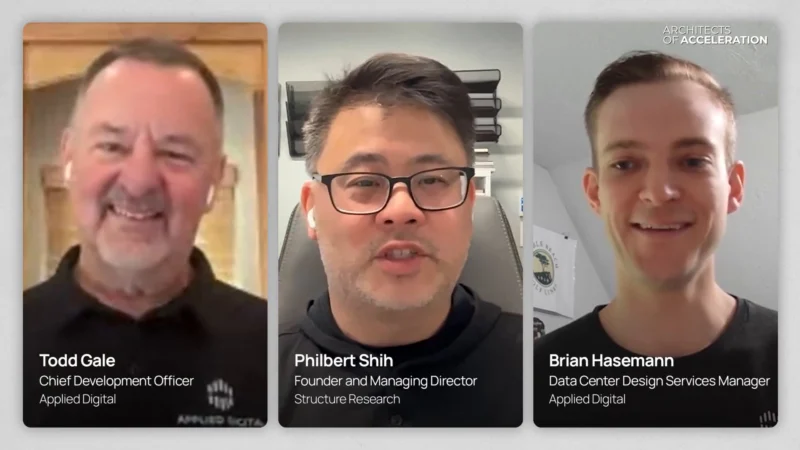Understanding the 4th Gen Intel Xeon Scalable Processor
Gordon Moore, the co-founder of Intel Corporation, predicted the future of computer processing power (CPU) by stating that the number of transistors in an integrated circuit would double every other year. That has certainly held true, and today, the industry is transitioning from the 3rd to the 4th Gen Intel Xeon scalable processor, which companies such as UNICOM Engineering are putting to use.
What are some of the changes with this new processor, and how is UNICOM Engineering leveraging the 4th Gen?
On today’s episode of Flawless Execution, Host Daniel Litwin speaks with Austin Hipes, Chief Technologist and VP Engineering at UNICOM Engineering, to discuss how this update will impact solution providers in the industry.
Litwin and Hipes also discussed…
1. What differentiates the 3rd and 4th generation Inton Xeon processors in terms of the memory architecture and express lanes
2. Where UNICOM is continuing to elevate standards with their clients using the 4th Gen Intel Xeon
3. How the move from the PCI Express form 4 to 5 will impact the longevity and life cycles, and how it connects to Xeon’s scalable architecture
Hipes detailed the best use cases for the 4th Gen Intel Xeon processor: “Anything to do with networks and security. Those are huge focuses and features that will get into some of the acceleration available on the CPUs. Those are things that traditionally have chewed up a lot of CPU cores when you try to use them for general purposes. So, a lot of effort has been put into accelerating those workloads without having to tax those general-purpose cores as much.”
Hipes has worked as a Field Application Engineer at Arrow Electronics and Wyle Electronics. He attended The University of Texas at Dallas and holds an Associate Certificate from Dell EMC in Information Storage and Management Version 3.0. Hipes has various specialties, including ATCA, Carrier Grade Rackmount Servers, Networking, and more.




